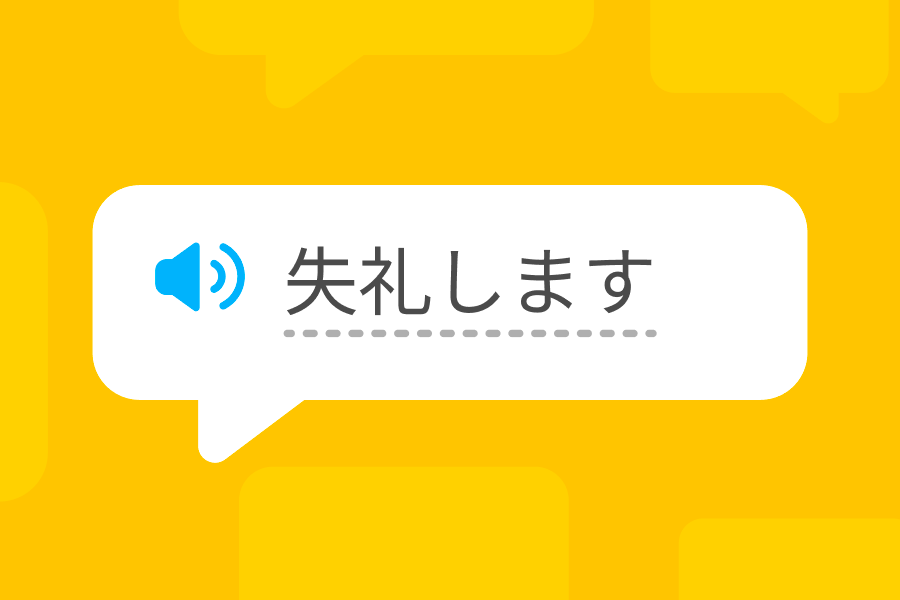In Japanese society, being too direct can feel disruptive. Instead, people aim to keep interactions smooth and balanced—a concept known as 和 (wa), or social harmony.
That's why Japanese speakers rely on fixed expressions to show respect and express humility—without coming across as overbearing.
Here are three key expressions that reveal how to maintain wa.
Phrase 1: acknowledging effort
Japanese: お疲れ様です / ご苦労様です
Romaji: otsukare sama desu / gokurō sama desu
Literal meanings: “You must be tired” / “You’ve gone through hardship”
These two phrases are used as greetings after some kind of effort—whether physical, mental, or work-related. However, despite their literal meanings, they aren’t about actual fatigue! Instead, they recognize someone’s hard work (or teamwork) and show appreciation.
Both phrases mean the same thing, but which one you use depends on your relationship with the other person:
- お疲れ様です (otsukare sama desu) is more general. You can use it with colleagues as well as with your boss (and your boss can say it to you, too!). When in doubt, use this phrase as your default.
It functions both as a greeting and as a way to say goodbye. People use it when they pass a coworker in the hallway (Hey, you good?) or when they want to get their attention (I know you’re busy but…). If someone says it towards the end of the workday (Good job, everyone), it is assumed that they are going home. - ご苦労様です (gokurō sama desu) is a bit different. It’s typically used by someone in a higher position—like a boss addressing their employees—but not the other way around. Using it suggests that you see yourself in a higher social role than the person you’re speaking to.
Phrase 2: inviting cooperation
Japanese: よろしくお願いします
Romaji: yoroshiku onegaishimasu
Literal meaning: “Please treat me favorably”
This phrase is a polite way of asking for someone’s goodwill or help in the future, and you’ll hear it everywhere in Japanese life. It’s commonly used to express humility—for example, when meeting someone for the first time or closing an email—as well as for specific requests, whether you’re the boss or a staff member. It softens your tone, avoids direct demands, and encourages a sense of shared responsibility.
Unlike similar expressions in other languages, such as the English “thanks in advance,” it doesn’t assume the person will say yes. Rather, it gently invites their cooperation while showing respect for their choice. It’s a cornerstone of Japanese culture, where how you ask is just as important as the outcome.
Phrase 3: politely entering or exiting
Japanese: 失礼します
Romaji: shitsurei shimasu
Literal meaning: “I’m being rude”
This phrase helps people navigate social situations with humility and respect. Literally, it means “I’m being rude,” but in practice, it’s about awareness and courtesy. By using it, the speaker politely acknowledges that their action—like entering a room, leaving a meeting, or interrupting a conversation—might cause a disruption, even if it’s completely appropriate or expected.
In professional settings, 失礼します (shitsurei shimasu) helps soften transitions, such as ending a phone call or a Zoom meeting. It isn’t about actual rudeness, but rather about showing thoughtfulness. It’s a small act of humility that shows respect for others’ time and space, and by acknowledging the impact of your actions on those around you.
It’s all about finding the right balance
Japanese phrases like these will help you navigate hierarchy and express humility in everyday interactions. Learning them isn’t just about memorizing new words—it’s about understanding a cultural mindset that values harmony and connection over individual assertion.
